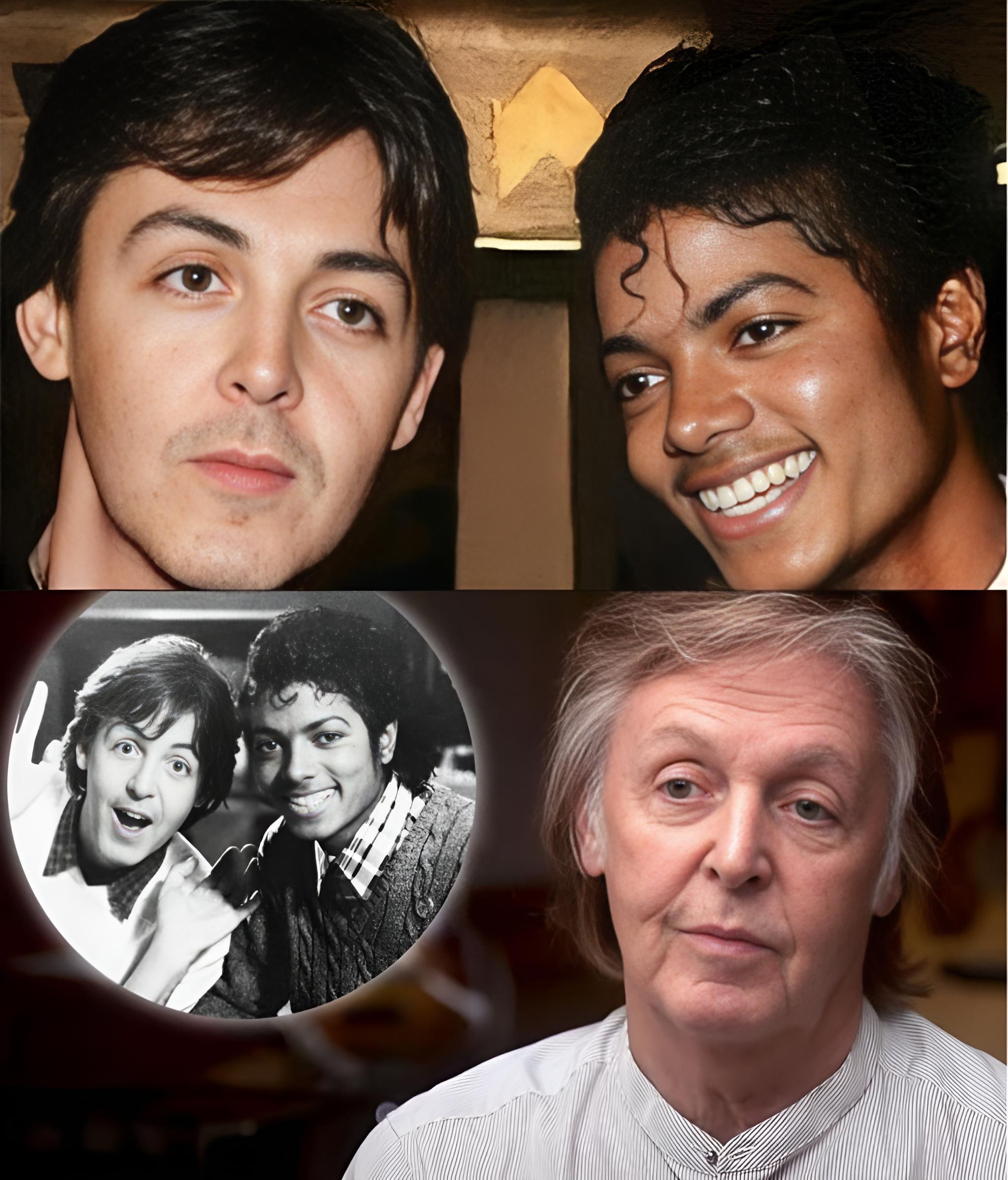
Paul McCartney Reflects on His Feud With Michael Jackson Over The Beatles Catalog
For decades, Paul McCartney and Michael Jackson were seen not just as musical powerhouses, but as collaborators — and, for a time, close friends. Their joint hits like “Say Say Say” and “The Girl Is Mine” brought together two of the most influential figures in pop history. But behind the scenes, a surprising and deeply personal rift developed between them, centered around one of the most prized assets in music: The Beatles’ publishing catalog.
Now, at 82, McCartney is reflecting with rare openness on how that friendship fractured — not over music, but money, ownership, and betrayal.
How It Started: Friendship and Business Advice
In the early 1980s, Paul McCartney and Michael Jackson became genuine friends. They bonded over songwriting, stardom, and a mutual respect for one another’s craft. In those early years, McCartney even gave Jackson some advice about music publishing, telling him how lucrative owning song rights could be — and how McCartney himself regretted losing control over The Beatles’ catalog.
“I said, ‘It’s a good business move, Michael. You’ve got to get into publishing.’ And he looked at me and said, ‘I’m gonna buy yours.’ I laughed. I thought he was joking.” — Paul McCartney
The Shocking Move: Michael Buys The Beatles’ Songs
But it wasn’t a joke.
In 1985, Michael Jackson purchased the ATV Music catalog for $47.5 million. This included publishing rights to more than 250 Beatles songs, including iconic tracks like “Yesterday,” “Let It Be,” and “Hey Jude.”
McCartney, who had been attempting to regain rights to the songs he co-wrote with John Lennon, was blindsided.
“It was just business to him,” McCartney later said.
“To me, it was more than that. It was our life’s work.”
The Fallout: A Friendship Strained
The purchase marked the beginning of a quiet but undeniable falling out. Though the two maintained a degree of public politeness, their personal relationship never fully recovered. McCartney felt betrayed — not just by Jackson’s actions, but by how casually it seemed to be handled.
In interviews, McCartney has admitted that he felt hurt, disappointed, and powerless. Despite their previous friendship, Jackson did not offer him a chance to buy back the rights or even give him a heads-up before finalizing the deal.
Why It Hurt So Deeply
To understand McCartney’s frustration, you have to go back to 1969, when The Beatles’ publishing company, Northern Songs, was sold without Paul or John’s full control. From that moment on, McCartney had been trying to reclaim what he saw as his rightful legacy.
For Jackson to swoop in — armed with business savvy and Paul’s own advice — felt like an unexpected betrayal, even if it was perfectly legal.
Later Years: Acceptance, Not Resolution
Over the years, McCartney stopped publicly criticizing Jackson and instead focused on working behind the scenes to recover publishing rights. In the late 2010s, he finally reached a settlement with Sony/ATV, regaining partial control of some of the songs he co-wrote.
After Jackson’s passing in 2009, McCartney offered kind words, remembering him as a talented performer and collaborator. But he has since acknowledged that the catalog dispute was never resolved between them personally.
“It was a bit dodgy, to say the least,” Paul once said.
“But I got over it. Life’s too short.”
A Lesson in Legacy
Today, McCartney reflects on the episode not with bitterness, but with the wisdom of time. The Beatles’ music remains more popular than ever, and his place in history is secure — even if, for a long time, he didn’t technically “own” the songs he helped create.
The feud with Jackson, while painful, is now part of a larger story: one about art, friendship, business, and the often complicated lines between them.